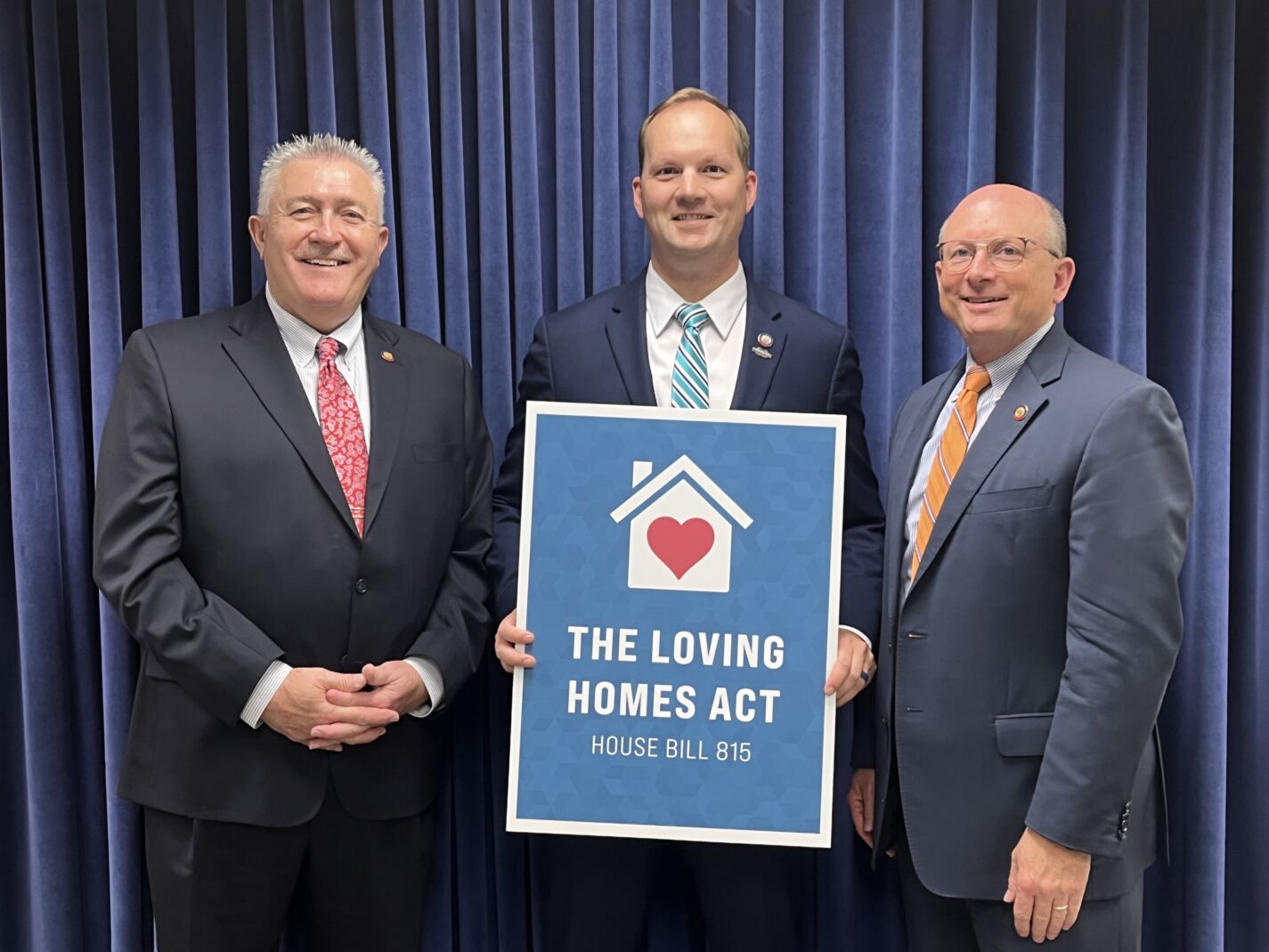On Thursday, the North Carolina General Assembly passed a “bipartisan solution” to a foster care issue that is “much needed right now.”
Under current law, foster care homes are not allowed to have more than five children in the household for any reason, even if most are not foster children.
House Bill 815 (H.B. 815) would abolish the “arbitrary” five-child cap for foster homes and provide decision-makers with the flexibility to consider additional factors.
“We have children sleeping out of state in other homes and facilities, sleeping in emergency departments, and sleeping on couches in DHHS offices,” Rep. Allen Chesser, R-Nash, said. “I find this unacceptable, especially while State Administrative Code arbitrarily denies families the ability to host foster children strictly because of the number of children.”
In addition to Chesser, lead bill sponsors are Reps. Donny Loftis, R-Gaston; Tim Reeder, R-Pitt; and Shelly Willingham, D-Edgecombe.
Reps. Sarah Crawford, D-Wake, and Diane Wheatley, R-Cumberland, cosponsored and attended a press conference supporting the bill.
Loftis kicked off the press conference, saying there was a large discrepancy between potential homes for foster children, and the number of children who need homes.
“In Gaston County, we have approximately 450 kids in foster care,” Loftis said. “Currently, we have about 120 foster families. This bill will open yet another door for taking care of foster kids who need a loving home, a caring home.”

Loftis said himself, Chesser, and Reeder have been working diligently to “break the code” on foster care to make it faster and cheaper.
“Right now, in my county, if you wanted to adopt an infant, that’s about a 5-year and a $50,000 wait,” Loftis said. “We are hoping this bill hopes to move those times shorter.”
Loftis also mentioned the presumed increased need for foster care following the passage of a bill that bans most abortions after 12 weeks of pregnancy, which is expected to lead to more children being born in North Carolina—some of which will likely be given up for adoption.
“With the passage of S.B. 20, there are 5,000 more babies that could be brought into our community and saved,” Loftis projected. “We have to have an operation that’s moving effectively and is placing these children in loving homes.”
A spokesperson for the N.C. Values Coalition, Sebastian King, said H.B. 815 “is a good step forward…but there is still a lot of work to do.” King thanked lawmakers for their efforts.
“We wanted to thank the representatives and this General Assembly for continuing to be pro-family,” he said. “This moves the needle towards allowing more adoptions in North Carolina to take place.”
Jere Royall, with the N.C. Family Policy Council, echoed King’s statement.
“This is always encouraging seeing government take action in areas where there is tremendous need in our communities across our state,” Royall said.
“Right now in North Carolina, there are over 10,000 kids in foster care,” Loftis said, when asked what was next for foster care. “Pre-Covid, there were over 7,000 foster homes for foster kids.”
Loftis said that following the pandemic, there are now less than 5,000 foster homes.
In Gaston County, “we have 450 kids in foster care,” Loftis said. “We have 600 churches in Gaston County.”
Loftis said they are also considering expanding the length of time foster children are allowed to stay in foster homes, as the current law is too short in some cases. He also emphasized the importance of keeping siblings together as much as possible and said H.B. 815 would help address that.
Another bill that would make major changes to North Carolina’s foster care laws, House Bill 647, currently sits before the N.C. Senate. H.B. 647 passed the House 72-46, with one Democrat supporting the bill and one Republican voting against it.
The bill aims to expedite the process of finding a suitable permanent home for children in care. Additionally, within a year of entering the system, a child would be released for long-term placement. Once a child is placed in care, the state would have a maximum of 30 days to locate and inform any relatives who may be able to provide a suitable home for the child.
Furthermore, foster parents, who currently do not have legal standing in court, would be recognized as non-relative kin after caring for the child for a period of nine months.
H.B. 815 was sent to Gov. Cooper on Thursday, June 29. Cooper has 10 days to sign, veto, or let the bill go into law without his signature. He is expected to sign it.